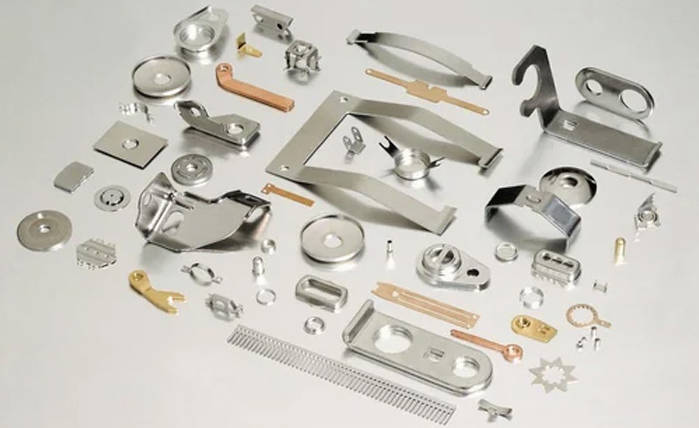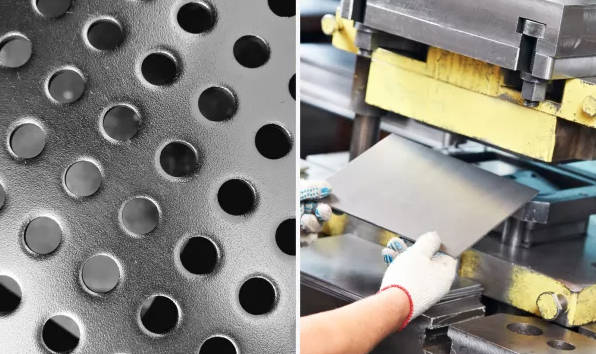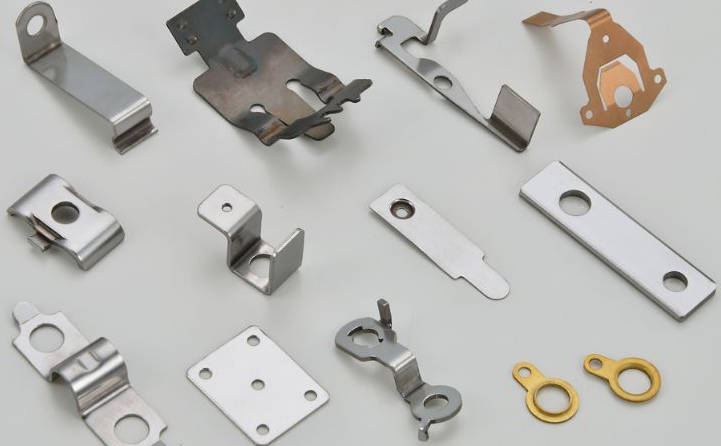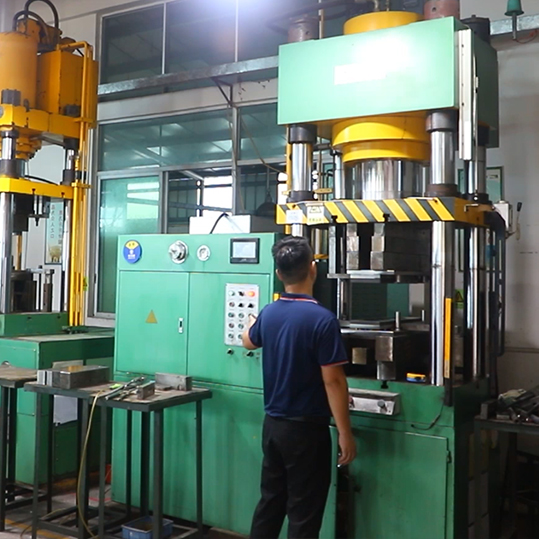Choosing the right manufacturing process can make or break your project’s success. Whether you’re prototyping a new design or gearing up for a large production run, understanding the differences between Precision CNC Machining and Sheet Metal Fabrication is key. This article offers a detailed comparison to help you decide which method suits your needs, especially if you’re considering CNC Machining Services.

What is CNC Machining?
CNC Machining, or Computer Numerical Control Machining, is a subtractive process where material is removed from a solid workpiece using computer-controlled tools. Known for its precision, it’s ideal for creating complex, high-accuracy parts.
Key Features
- Techniques: Includes milling (rotating tools shape a stationary piece), turning (the workpiece spins against a tool), and drilling (precise hole-making).
- Materials: Custom CNC Machining works with metals like aluminum 6061, stainless steel 304, titanium, plus plastics (ABS, nylon) and composites.
- Applications: Aerospace (engine components), medical (surgical tools), and automotive (prototypes) industries rely on it.
Precision CNC Machining achieves tolerances as tight as ±0.001 inches, making it perfect for projects demanding exactness.
What is Sheet Metal Fabrication?
Sheet Metal Fabrication reshapes flat metal sheets into finished parts through cutting, bending, and assembling. It’s a transformative process, efficient for durable components, especially in bulk.
Key Features
- Techniques: Features laser cutting (high-precision cuts), punching (hole creation), bending (shaping), and welding (joining).
- Materials: Uses sheet metals like cold-rolled steel, aluminum 5052, galvanized steel, and copper.
- Applications: Common in construction (structural parts), automotive (body panels), and electronics (enclosures).
It excels at producing robust parts quickly, particularly for large volumes.
Key Differences Between CNC Machining and Sheet Metal Fabrication
Here’s a side-by-side comparison to clarify their distinctions:
| Factor | CNC Machining | Sheet Metal Fabrication |
| Precision | High (±0.001 inches) | Moderate (±0.010 inches) |
| Materials | Metals, plastics, composites | Sheet metals only |
| Complexity | Complex, intricate designs | Simpler, flat or bent shapes |
| Volume | Small to medium runs | Large runs |
| Cost | Higher setup and per-part costs | Lower costs for high volumes |
| Lead Time | Longer due to precision | Faster for simple, large-scale designs |
Detailed Insights
- Precision: CNC Machining Services offer superior accuracy, critical for tight tolerances. Sheet Metal Fabrication suffices for less precise needs.
- Materials: Custom CNC Machining handles diverse materials; Sheet Metal Fabrication is sheet-metal-specific.
- Complexity: Precision CNC Machining tackles intricate designs, while Sheet Metal Fabrication suits simpler forms.
- Volume: CNC Machining fits small batches; Sheet Metal Fabrication shines in mass production.
- Cost: CNC Machining’s setup and per-part costs are higher, but it’s cost-effective for limited runs. Sheet Metal Fabrication saves money at scale.
- Lead Time: Precision slows CNC Machining; Sheet Metal Fabrication speeds up simpler, high-volume jobs.
Advantages and Limitations
CNC Machining
Advantages
- Unmatched Precision: Tolerances of ±0.001 inches suit critical applications.
- Complex Designs: Produces multi-dimensional parts with ease.
- Material Range: A CNC Machining Company can use metals, plastics, and more.
Limitations
- Higher Costs: Expensive for large runs due to per-part pricing.
- Waste: Subtractive nature generates more scrap.
Sheet Metal Fabrication
Advantages
- Volume Efficiency: Sheet Metal Fabrication is cost-effective for large volumes.
- Durability: Creates strong, lasting parts.
- Speed: Fast for simple designs.
Limitations
- Material Limits: Only sheet metals apply.
- Precision Trade-off: ±0.010-inch tolerances may not meet high-accuracy demands.
Choosing the Right Process
Your project’s needs dictate the best choice. Consider:
- Design: Complex parts need Custom CNC Machining; flat or bent designs fit Sheet Metal Fabrication.
- Materials: Non-sheet materials require CNC Machining.
- Quantity: Small runs favor CNC; large runs benefit from Sheet Metal Fabrication.
- Budget: Balance setup versus per-unit costs.
- Timeline: Urgent, simple projects lean toward Sheet Metal Fabrication.
Questions to Ask
- Do I need tight tolerances? Yes → Precision CNC Machining.
- Is my part flat or simple? Yes → Sheet Metal Fabrication.
- What materials am I using? Beyond sheet metal → CNC Machining Service.
Examples
- CNC Case: An aerospace turbine blade with ±0.001-inch tolerances and titanium material chooses CNC Machining Prototyping.
- Sheet Metal Case: 10,000 steel brackets for construction pick Sheet Metal Fabrication for cost and speed.
Practical Tips
For CNC Machining
Partner with a CNC Machining Company and:
- Prototype: Use CNC Machining Prototyping to refine designs.
- Materials: Confirm suitability (e.g., aluminum, plastic).
- Tolerances: Specify precision needs clearly.
For Sheet Metal Fabrication
Optimize by:
- Simplifying Design: Reduce complexity for savings.
- Planning Volume: Scale up for cost efficiency.
- Thickness: Match sheet thickness to structural needs.
Hybrid Option
Some projects combine both: fabricate a base with Sheet Metal Fabrication, then add precise features via CNC Machining.
Conclusion
CNC Machining Services excel in precision and complexity, ideal for small runs and diverse materials. Sheet Metal Fabrication wins for large-scale, simpler parts with lower costs. Assess your design, materials, volume, budget, and timeline to decide. Contact a CNC Machining Company or Sheet Metal Fabrication expert to kickstart your project with confidence.






